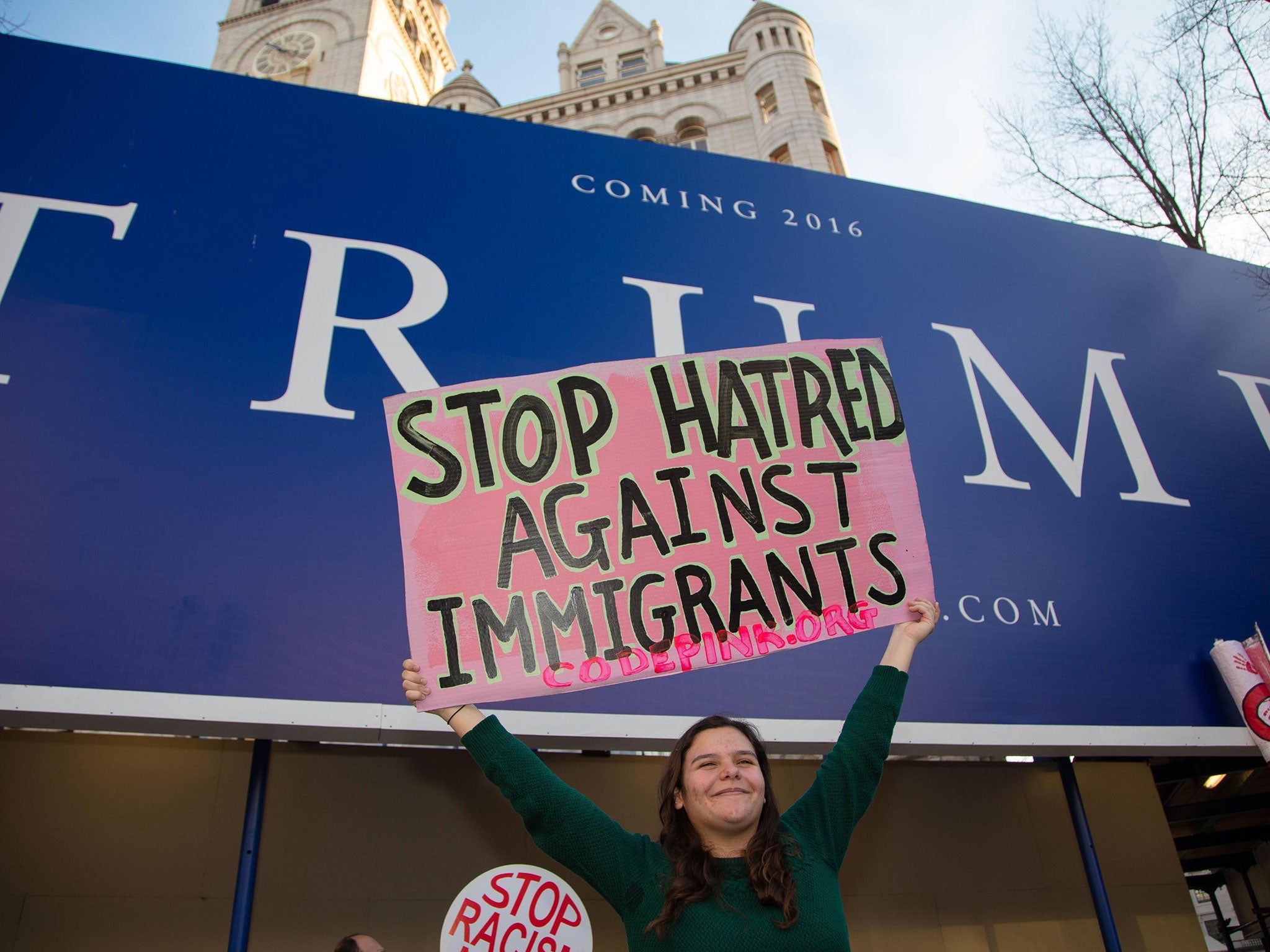Britain should resist 'Trump culture' of Islamophobic Twitter trolls, says newest Anglican bishop
The Rev Dr Jo Bailey Wells warned that social media had encouraged people to publish comments before they had thought them through

Twitter has helped to produce a “Trump culture” of Islamophobic internet trolls, the Church of England’s newest bishop has said.
The Rev Dr Jo Bailey Wells – who is currently the Archbishop of Canterbury’s chaplain and has just been named the new Bishop of Dorking – said she would eager to prevent the trend from growing in the UK.
Speaking to The Daily Telegraph, she warned that social media had encouraged people to publish comments before they had thought them through. The resulting climate of debate, she said, was more pronounced in the United States, where businessman Donald Trump has called for a ban on Muslims entering the country as he campaigns to become the Republican party’s nominee for President.
Asked about social media users who view Islam is a threat to Christians in the West, Dr Wells said: “There is a sort of, you might call it, a Trump culture. I’ve certainly experienced that in America. I would be keen to keep it from our shores.
“But part of the culture is that we now tweet and blog before we speak and think.
“Cyberspace, the blogosphere, has encouraged that kind of behaviour and I think I want to stand against that.”
Dr Wells was dean of Clare College, Cambridge, and also spent eight years at Duke Divinity School in North Carolina.
She said the Anglican Church had a tradition of reaching out to people of other religions.
“The Church of England has a particular calling and gift in being hospitable to those of other faiths, partly because it’s a national church, it’s an ‘established’ church,” she said.
“It can be a place that welcomes people on their terms and almost provides the umbrella under which conversations can take place.”
Subscribe to Independent Premium to bookmark this article
Want to bookmark your favourite articles and stories to read or reference later? Start your Independent Premium subscription today.

Join our commenting forum
Join thought-provoking conversations, follow other Independent readers and see their replies